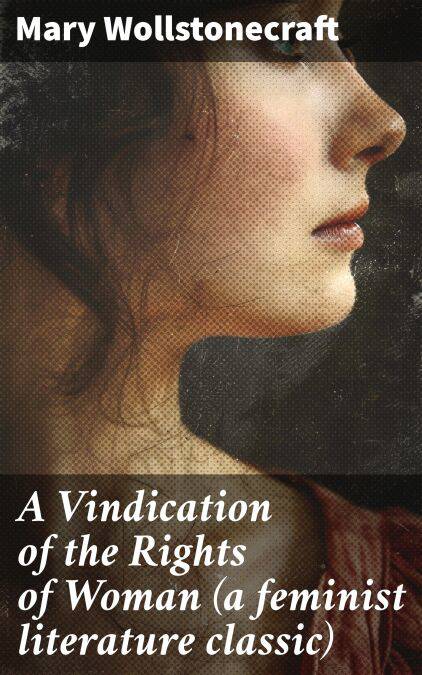
- Retrait gratuit dans votre magasin Club
- 7.000.000 titres dans notre catalogue
- Payer en toute sécurité
- Toujours un magasin près de chez vous
- Retrait gratuit dans votre magasin Club
- 7.000.0000 titres dans notre catalogue
- Payer en toute sécurité
- Toujours un magasin près de chez vous
A Vindication of the Rights of Woman (a feminist literature classic) EBOOK
Challenging Gender Roles: A Feminist Manifesto from the 18th Century
Mary Wollstonecraft
Ebook | Anglais
0,49 €
Format
Description
In her groundbreaking work, 'A Vindication of the Rights of Woman,' Mary Wollstonecraft challenges the prevailing notions of the late 18th century that relegated women to subservient roles within society. Employing a rational and passionate literary style, Wollstonecraft articulates her plea for women'Äôs education and autonomy, arguing that the perceived inferiority of women is not inherent but rather a consequence of their lack of access to education. This pioneering text intertwines Enlightenment ideals of reason and individualism with a fierce critique of patriarchy, establishing a foundational argument for feminism that resonates through history and remains relevant today. Mary Wollstonecraft, often regarded as one of the first feminist philosophers, drew on her experiences as a governess and a writer to illuminate the barriers faced by women in her society. Her own struggles with gender-based limitations prompted her to advocate for women's rights fervently, showcasing her belief in the power of education as a transformative force. Wollstonecraft's personal history, marked by challenges and intellectual fervor, provided the impetus for her radical ideas that astonished and provoked her contemporaries. This pivotal text is highly recommended for readers seeking a profound understanding of feminist theory's origins and the historical context of women's rights. Wollstonecraft'Äôs powerful arguments will inspire and challenge modern audiences, making 'A Vindication of the Rights of Woman' an essential read for anyone interested in the evolution of gender equality and the struggle for human rights.
Spécifications
Parties prenantes
- Auteur(s) :
- Editeur:
Contenu
- Nombre de pages :
- 526
- Langue:
- Anglais
Caractéristiques
- EAN:
- 8596547784173
- Date de parution :
- 19-12-23
- Format:
- Ebook
- Protection digitale:
- Digital watermarking
- Format numérique:
- ePub

Les avis
Nous publions uniquement les avis qui respectent les conditions requises. Consultez nos conditions pour les avis.






